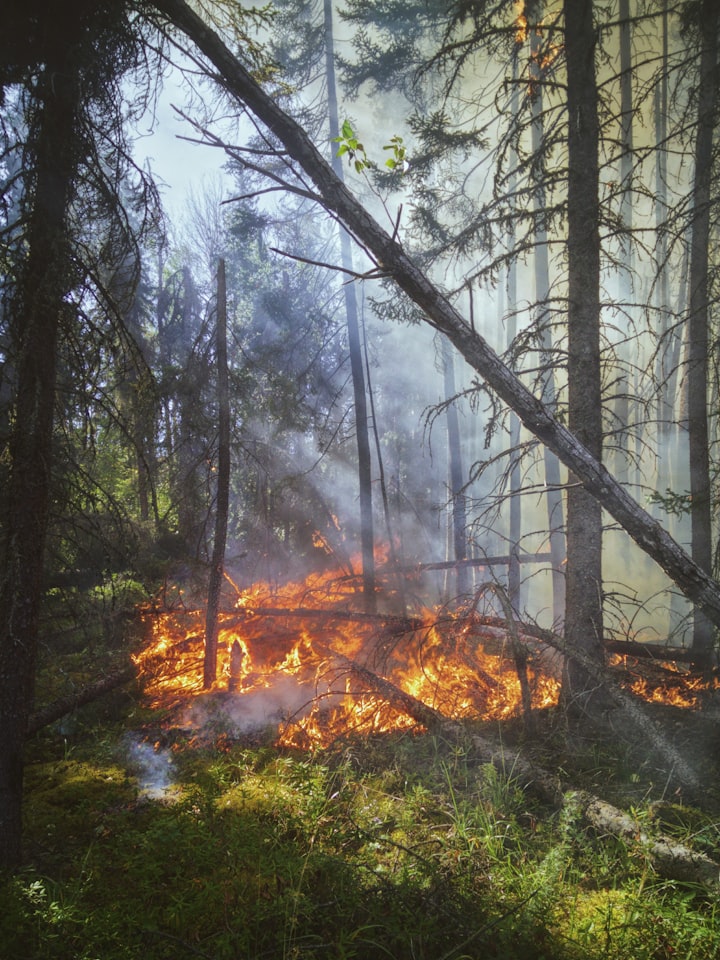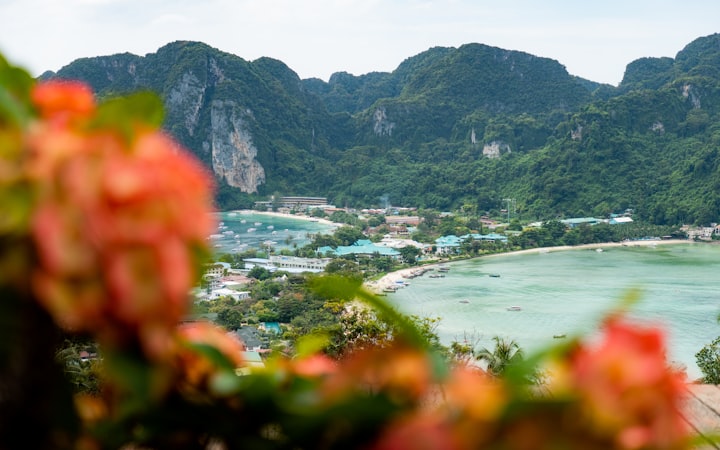
Imagine a world in perpetual motion, a symphony of human activity. Cars stream down highways, planes carve lines across the sky, and machines hum in factories. But what if the music suddenly stopped? What if humanity, the conductor of this complex orchestra, vanished in an instant?
The initial silence would be shattered by a chaotic finale. Planes would plummet from the sky, unmanned vehicles careening out of control. Cities, once vibrant hubs, would plunge into darkness as power grids faltered. This wouldn't be a peaceful disappearance; it would be a violent crescendo.

But the chaos wouldn't last. Slowly, a new melody would begin to rise. Nature, long suppressed by human dominance, would reclaim its birthright. Plants would unfurl in the cracks of forgotten sidewalks, their roots silently prying apart concrete. Vines, like emerald serpents, would coil around skyscrapers, their embrace both beautiful and destructive.
Within weeks, the silence would be broken by a different kind of sound—the symphony of the wild. Animals, no longer confined by our invisible fences, would explore their newfound freedom. Bears might lumber down deserted avenues, while deer graze on manicured lawns and turn into wild meadows. The haunting cry of a lone wolf might echo through the canyons of steel and glass.

The fate of our creations would be a mixed score. Domestic animals, bred for dependence, would face a harsh reality. Some might adapt, while others would succumb to hunger or predators. Cities, once testaments to human ingenuity, would become battlegrounds between the elements and encroaching vegetation. Lightning-sparked wildfires would rage unchecked, leaving behind a smoldering testament to our absence.
The oceans, for so long choked by our waste, would begin a slow healing process. Without the relentless pressure of overfishing, fish stocks would gradually replenish. Whales, once majestic giants hunted to near extinction, might once again grace the waves with their haunting songs.
The scars of our existence wouldn't disappear overnight. Radioactive waste, a toxic legacy, could potentially contaminate vast areas. Our monuments, once gleaming symbols of power, would crumble under the relentless assault of time. But even these wounds would eventually heal. After centuries, the radioactive materials would decay, their threat diminishing. Our once-proud structures would become mere skeletons, swallowed by a resurgent Earth.

On a grander scale, Earth itself would begin to exhale. The heavy blanket of carbon dioxide, a byproduct of our industry, would slowly dissipate. The ozone layer, punctured by our chemicals, would mend. After millennia, the Earth's atmosphere would return to a more natural state.
This wouldn't be paradise regained. Humanity's absence wouldn't erase the ecological damage we've inflicted. But it would be a world reborn, a chance for nature to rewrite the score. In the grand narrative of Earth's history, our absence would be a blip, a single, discordant note. The planet would endure, scarred but resilient, ready to write a new chapter in its long and extraordinary story.
This thought experiment serves as a stark reminder. We are not the sole composers of Earth's symphony. We are but one instrument in a much larger orchestra. The Earth existed long before us, and it will continue long after we're gone.
The question remains: what kind of melody will we leave behind?






Comments (1)
Amazing 🤩🤩 welldone superb story